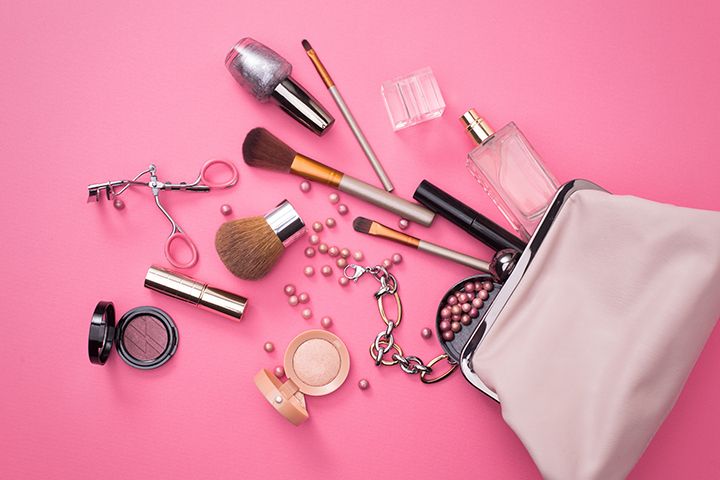Ever since the pandemic hit, we find ourselves being extra cautious about germs and sanitisation. Surfaces need to be clean, hands need to be washed often and no unnecessary objects need to be touched without gloves on. Following these simple protocols have become mandatory in our everyday life. Similarly, following a strict hygiene etiquette when it comes to your makeup products and brushes is vital.
Of course, if you’re a newbie at makeup you might not realise how easily bacteria such as E.coli and Staphylococci easily get onto our makeup, especially on lip glosses, mascaras and beauty sponges. Not a fun fact indeed. I’m even surprised when some of my friends who’ve worn makeup for years don’t realise how gross their makeup collection has become. Especially committing the sin of not cleaning their sponges and throwing out old makeup or tools. Then also sharing it with others, like family members and complaining about breakouts on their skin after. This makes me facepalm hard. It goes without saying but especially now in COVID please don’t share your makeup.
When bacteria from products and applicators blend with the moisture and oil of our skin, they tend to multiply. This results in inflammation, blocked pores, dead skin cells, and every girls worst nightmare-acne! In some cases, it may also lead to infections on the skin or around the eyes and makeup products once gone bad can’t really be fixed. Ideally, caring for your makeup plus being clean and hygienic with your tools is the best way to prevent any major from invading your kit.
Keep reading below to see how you can prevent bacteria from attacking your makeup:
1. Change-up your makeup
It’s necessary to keep an eye on your makeup products smell or colour. If it’s gone off or looks wrong in some way it is probably time to call it quits and throw them out. Pay attention to the symbol on your products that tell you when the item will expire once opened. So don’t hold on to that mascara for more than 3 months once opened — even if there’s tons of product left. It is highly dangerous to use products after the expiry date. Avoid pumping your mascara too! It pushes more air into the tube that creates a breeding ground for germs. An easy way to get an eye infection that can be avoided. When dealing with powder products can last a bit longer if cared for but keep a sharp eye one for nay signs it’s going bad.
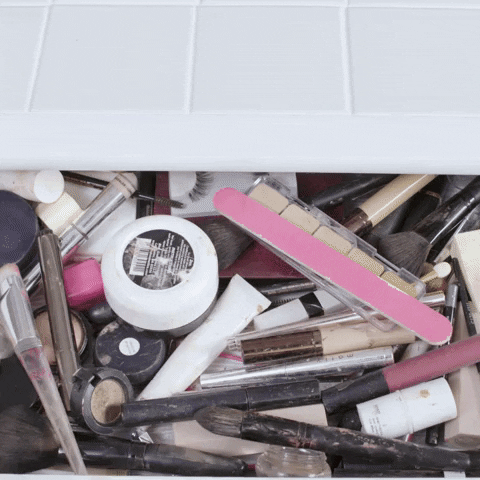
2. Transfer your formulas
The key here is to avoid air exposure and direct contact with the product. For example, sticking your fingers in a jar. This is especially crucial to take care of when using skincare products. Regardless of how clean your hands are it can contaminate the products once touched. Either scoop up the product with a clean spatula or preferably opt of for formulas in tubes or pump bottles. If possible, with certain formulas you can transfer jar products into an airless pump container. Always scoop out liquid, cream or gel products(foundation, concealer etc.) onto a stainless steel palette. You can then use your freshly washed hands or a brush to apply. This will help keep your products bacteria-free for a long time.
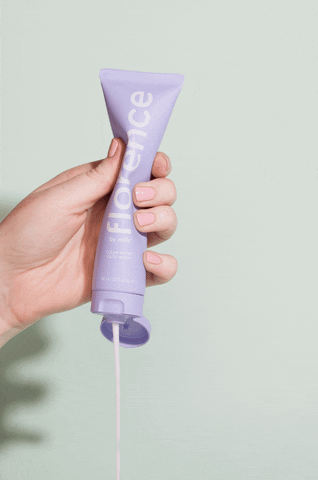
3. Sanitise your makeup
It’s always good practice to keep your products and tools clean by sanitising them once in a while. However, keep in mind that sanitising makeup with alcohol isn’t a solution for replacing old products. Any items should never be used past their expiration date. Technically you shouldn’t even be sharing your makeup or brushes with anybody. You have to be cautious when sanitising your makeup, like lipsticks, with alcohol. If you’re not careful during the process you can ruin the makeup. So I don’t suggest it unless its a last resort or you’re highly experienced. Here are some simpler ways to care for and keep your personal makeup clean:
- Lipsticks: wipe your lips before reapplying especially after a meal. You don’t want to push any food particulates into your lipstick bullet, get mixed in and remain there for your next use—gross!
- Eye and lip pencils: Simply sharpen your eye and lip pencils each time before use; it will scrape off any newly formed bacteria
- Pressed powders: stick a piece of tape to the surface of the powder and gently peel off to remove the top layer.
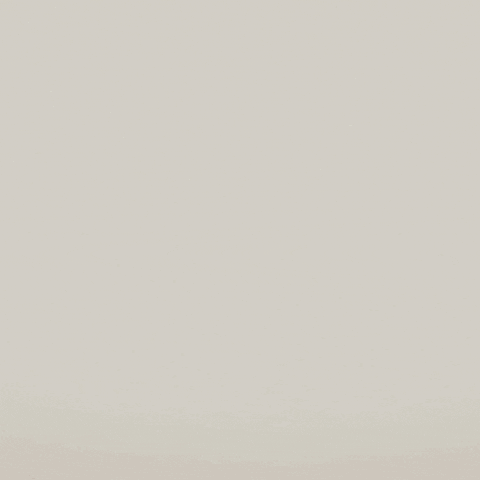
4. Clean your brushes and tools after every use.
This is a fairly obvious process that needs to be done if you’re a makeup aficionado but it bears reminding. While cleaning your brushes can take time to do, the harm the bacteria build-up can cause breakouts to your precious skin that can last longer. Make a habit of taking time out of your day to clean your makeup brushes and spray them with rubbing alcohol every week or so. When cleaning your brushes don’t forget about your other beauty tools as well! People often forget that your tweezers, scissors, eyelash curlers all need to be cleaned as well. Wipe them down with a tissue to remove any makeup bits. Then sanitise them with rubbing alcohol. Remember to rinse out the alcohol with water and soap to avoid any irritation near the eye area.
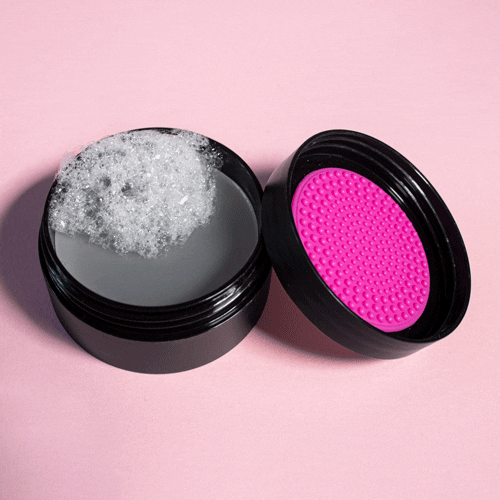
5. Clean your makeup bag
Cleaning your products and tools is necessary but the process doesn’t stop there! All the cleaning is pointless if you store them back into a filthy case. You need to wipe off anything that’s smeared in your bag and throw away any broken or leftover makeup pieces. Try to put your bag in a washing machine at least twice a month for a good wash. If you’re storing your products in vanity or drawer it’s always a good idea to take them out and give the trays a good wipe down as well to get rid of any dust collected over time.
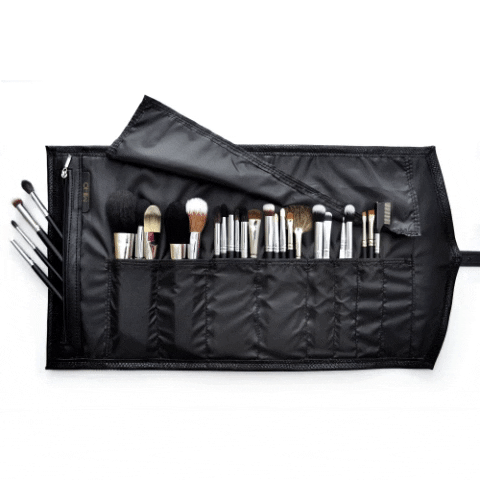
Follow @missmalinibeauty on Instagram for more updates.

